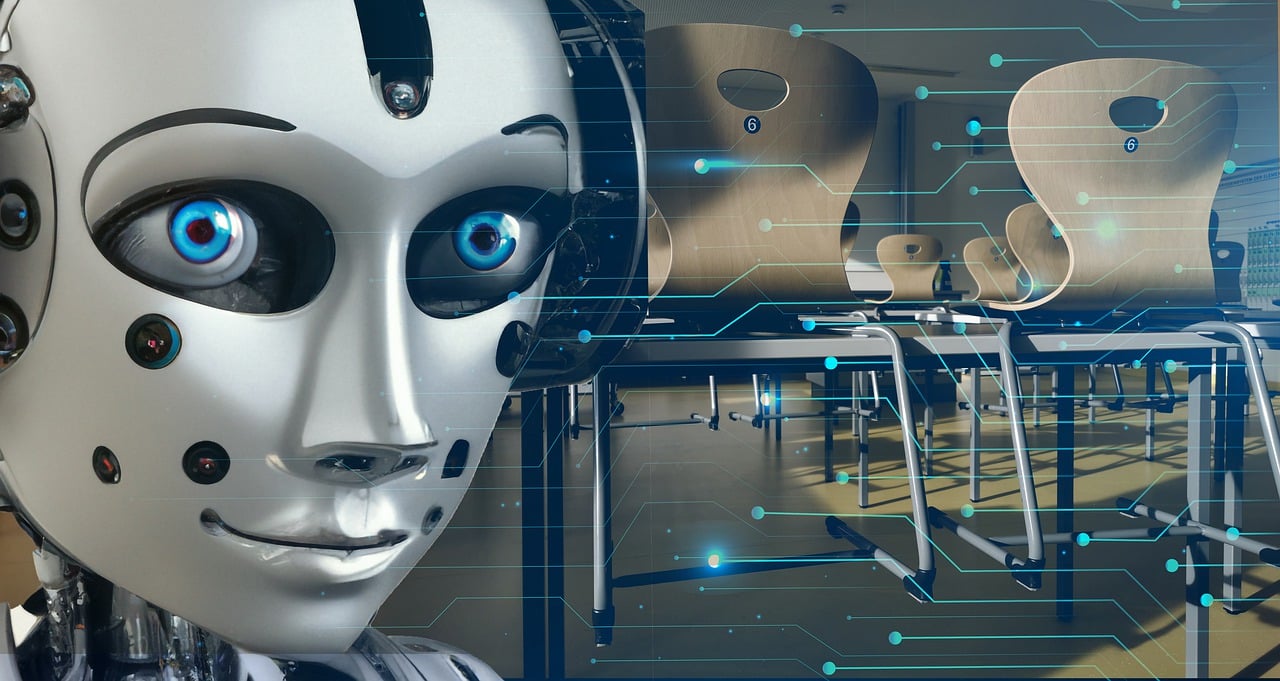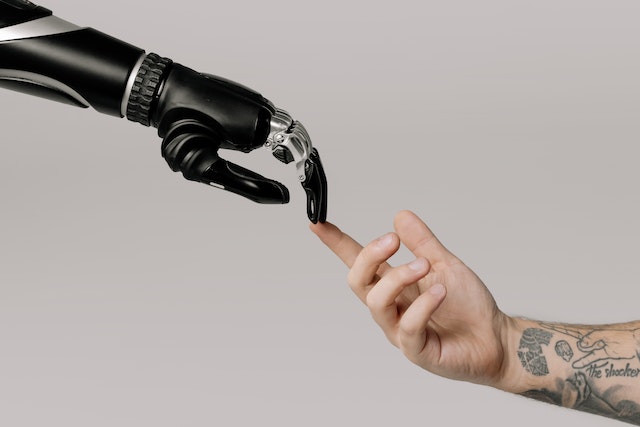Many of us interact with Artificial Intelligence (AI) on a daily basis today without even realizing it. Using the GPS device in your car, interacting with Siri on your iPhone or using a voice-to-text feature to send a message involves using AI. One of the areas in which AI is making a difference is in higher education. AI will not replace educators, but it allows them to spend more time connecting with students.
AI in education
Through human input, all kinds of tests, and the use of a variety of datasets, software programs can learn to think and act like humans. AI is emerging as a solution to many drawbacks in conventional education methods. It is making learning easier to access and more effective for many people. When educators can focus on higher-impact activities, it leads to better outcomes and more engaging experiences for students.
Online classes
Online classes make it possible for everyone to log in and attend from wherever they are in the world. Universities and online training institutes offer short courses and even online degree courses.
Live streaming technology and video-on-demand are tools that make this possible. Students access video-on-demand from anywhere at any time. This means that even if they miss a class being streamed online, they easily access it later. This helps learning to become more convenient and time management more efficient. Online courses usually come as a whole package with quizzes, progress reports and exams.
Professional assignment help online
At college, students may struggle despite the assistance of AI when they have to study, attend classes, and still find time to write assignments. If they need help, they can make a request to an online service to “do my assignment.” Online writers can give them professional help when they request assignments from Essays.EduBirdie website. The writers have the education and experience to produce top-quality assignments, and the costs are affordable.
Automation of administration tasks
AI is already being implemented for the automation of administrative tasks in many educational institutions. Enrolment and induction of students is an area where digital assistants or chatbots can make the process quicker and easier. Another task AI can do is track attendance.
Many educational institutions already use AI for scoring multiple-choice questions. Work is already underway to create programs that assist with more subjective written responses. Educators have more time to spend helping students instead of dealing with menial tasks that AI is perfectly capable of handling.
An LMS is a software application tool that helps with tasks like administration, training, progress tracking etc. Students use a single portal to learn, submit work, and get involved in collective discussions. Visuals and charts map progress so students can monitor how they’re doing.
Virtual reality (VR)
Virtual reality has some of its best uses in an educational setting. Medical students can look inside the human brain and perform surgery in a virtual reality environment. Potential pilots can learn to navigate a plane in flight. Students learning history can walk around in medieval villages, visit the pyramids in Egypt and walk through museums.
VR provides an immersive, engaging experience and practical knowledge that can inspire students and help them to retain information. All that’s required is some VR equipment. This can be expensive at present, but prices are likely to become more affordable.
Computerized tutoring
Colleges can give each student access to online mentoring through a computerized tutor. This helps to personalize learning, so it becomes more relevant to the needs of specific students. The use of AI tutors can help to tailor educational experiences. It does so by discovering knowledge gaps and offering quick feedback. Tutors can provide supplementary information and give support. They can help students to learn at a pace that suits them and won’t ever tire or flag in their efforts.
Computerized tutoring can make learning more inclusive. It can make it accessible for students with learning disabilities or language barriers. Studies have found that students who use an online AI tutor have much better learning outcomes.
New challenges
As beneficial as AI can be, it can introduce new issues about cheating. What happens when students use AI-powered tools to write essays free of any plagiarism? The plagiarism checkers university students currently use, like Turnitin, may not pick up any plagiarism issues. At this stage, it isn’t easy to identify whether a student has used a tool like Chat GPT to write an essay. This is something higher education institutions will have to think about in the near future.
Conclusion
Artificial intelligence has many benefits in the context of higher education. It can reduce administrative tasks. So, educators have more time to spend with students. AI chatbots and assistants can help to personalize learning. Virtual reality environments can provide an immersive experience. There are also some challenges that come with AI that educators will need to address.
Author’s Bio
Cory Shilling has been active in the writing field for many years. He has scaled new heights in his career while providing high-level essay samples to students. His sharp, to-the-point and intelligent writing level has helped him craft thousands of essays that help students achieve high grades. He is helpful, innovative and always keen to experiment with writing styles.







